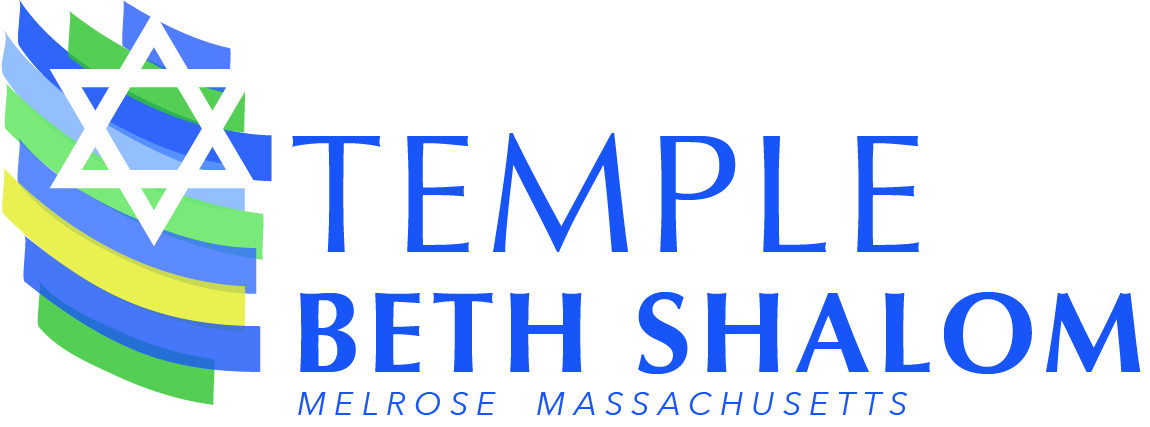Shemot
This Shabbat we begin the book of Exodus, and we hear the famous words, A new Pharaoh arose in Egypt who did not Know Joseph. There has been centuries of conversation around what exactly this sentence means. Does it mean that this new Pharaoh skipped history class when he was in school? After all, Joseph was a fundamental part of saving the world and it was he who oversaw the distribution of food during the seven years of famine. Only one generation had passed at this time, so this wasn’t ancient history.
Rashi believes that this was not actually a new pharoah, but that this man deliberately ignored the history and “comported” himself as if he had not known Joseph. Another commentator, Seforno, has a different opinion. He says that Joseph was indeed known- he reigned for 80 years as a second in Egypt! But during this time the Hebrew people had grown in number and power, and that this new pharaoh did not equate the modern Hebrews in Egypt with their ancestor. The modern community, in his mind, should not receive any allowances or special consideration because of Joseph. So Joseph the man was known, but Joseph the Israelite was not.
What does it mean to know? So often, we think we know something, a clear fact, and yet someone else “knows” that the opposite is true. We are living in a time where knowledge is not absolute. Of course, there are many areas where things are not clear, where we can have genuine disagreements and look to different studies or experts who also disagree. But we have seen that there are many people who view facts, confirmed multiple times over, as questionable. Who take conspiracy theories seriously and are moved to action.
I think we are all still reeling from the events of Wednesday. To see one of the pillars of our democracy, the peaceful transition of power, violently challenged, was shocking. There were so many emotions flowing through me- anger, shock, resentment, but overall I felt sadness. Sadness that there were enough people who believed the lies they had been fed to such a degree that they would mount an insurrection. Sadness that we have elected officials who used their power to incite this action. Sadness that so many others at home supported this. Sadness, more than anger. It must be very scary to truly believe these lies and conspiracies. To feel like you are threatened, even when there is no threat.
It brings us back to our parsha. The Pharoah now sees the Hebrew people as a threat. He says, “See, the Israelites people are much too numerous for us. Let us deal harshly with them, so they may not increase. Otherwise, in the event of war, they may join our enemies in fighting against us.” But there is no threat from the Israelites. They saw themselves as part of the fabric of Egypt, with a historical tie to the community. But through Pharoah’s words and conviction, his position of power, he convinced the whole of Egypt to be afraid. He brainwashed his people into thinking the Israelites were so dangerous that they needed to enslave them, to murder babies upon being born. And I don’t know if the Egyptians ever really realized their fear was based in lies, that their horrendous actions were unnecessary. The power of “knowing” something that was untrue led to their own pain and suffering through the 10 plagues.
I pray that as we move into this next administration, we as a society will begin to recognize the incredible harm that has come from so many sources in this country and begin a path to correct it. I pray that one day conspiracies will be relegated to ridicule, that experts and doctors will be listened to, that when multiple sources confirm a truth, we will accept it. I pray that one day, after serious introspection and reflection, those who committed and supported this act of sedition will see the error of their ways. We know that the potential of America is great, but we are continually working towards the realization of that potential. Until then, we will band together, support each other, and continue the never ending work of seeking truth and justice.
Shabbat Shalom
